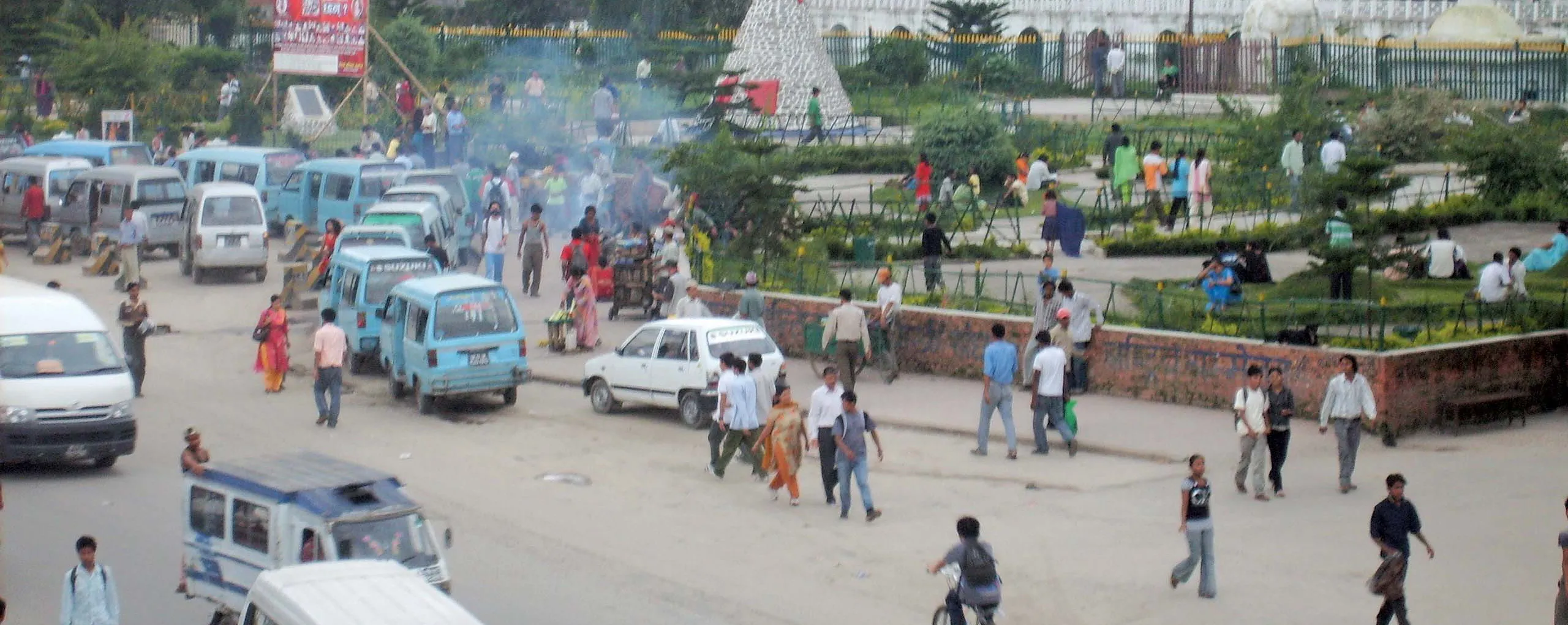The World Bank is reducing its financing projects in Ukraine until 2016. The new cooperation strategy between the bank and the country's government follows a drop in financing through slow spending loans extended by the bank to the country in recent years. The bank will provide US$150million for the Second Project for Exports Development in 2012. And Ukraine can also receive $1billion in 2013-2014. However, both financing packages will depend on development of economic reforms in the country during the foll
April 24, 2012
Read time: 2 mins
RSSThe 2332 World Bank is reducing its financing projects in Ukraine until 2016. The new cooperation strategy between the bank and the country's government follows a drop in financing through slow spending loans extended by the bank to the country in recent years. The bank will provide US$150million for the Second Project for Exports Development in 2012. And Ukraine can also receive $1billion in 2013-2014. However, both financing packages will depend on development of economic reforms in the country during the following two years. The list of the World Bank's new financing programmes in Ukraine also includes the second project for motor road development and traffic safety; the centralised heating project; improving efficiency and upgrading the gas sector ($200-300million); the second project for electric power transmission ($200million); the second project for city infrastructure development ($200million); the public assistance program ($100-200million); and the project for the state statistical system development ($10million).







